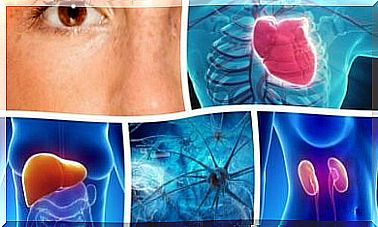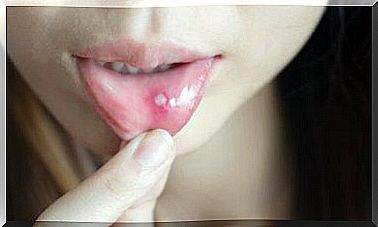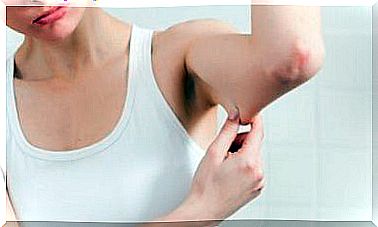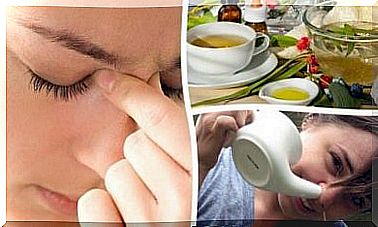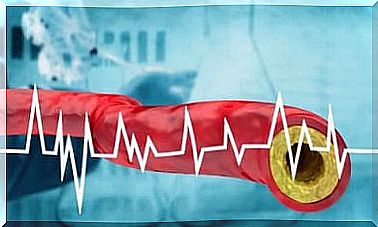Gluten Intolerance: Symptoms And Treatment
There are many gluten-free foods on the market, but this does not mean that they are healthy. Gluten intolerance leads to a wide variety of symptoms and should be taken seriously.
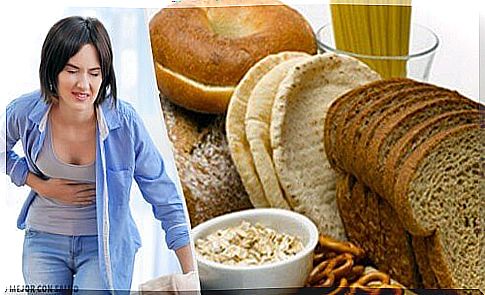
Gluten or gluten is a mixture of glutenin and gliadin that occurs in various types of grain, such as wheat, barley or rye. In some cases, there may be gluten intolerance , which, among other things, poses a risk to intestinal health.
Gluten intolerance: what is it and how does it develop?

In the case of gluten intolerance, the body reacts with various symptoms when digesting the gluten.
Gluten, for example, can lead to inflammation of the villi in the small intestine, which filter out all nutrients and pass them on to the blood. As a result, certain nutrients can no longer be properly absorbed.
How is gluten intolerance diagnosed?
The following examinations are carried out for diagnosis:
- Blood analysis (on an empty stomach)
- Intestinal biopsy. A tissue sample is taken from the upper small intestine.
What are the most common symptoms?

- Digestive problems such as diarrhea, inflammation, gas build-up, or constipation.
- Keratosis pilaris (also called horn lichen or grater skin) in the back of the arms. This is due to a vitamin A deficiency and a lack of fatty acids.
- Fatigue after eating foods containing gluten.
- Autoimmune diseases such as rheumatoid arthritis, colitis, or lupus.
- Neurological problems such as dizziness or loss of balance.
- Irregular hormonal balance.
- Repeated migraines.
- Pain and swelling in the joints.
- Abrupt mood swings between anxiety, depression, and euphoria.
- Difficulty concentrating.
How can you treat gluten intolerance?

In order to avoid the unpleasant symptoms, the diet must be changed. Food containing gluten must be avoided because this disease is not treated with drugs.
If gluten-containing foods are not consumed, the symptoms automatically disappear and the small intestine can recover.
But this is only the case if you completely avoid gluten. Even small amounts of gluten can make symptoms worse. If the diet is not completely gluten-free, the disease could become chronic.
After changing your diet, the symptoms will slowly subside after about two weeks. The blood count returns to normal after 6 to 12 months, but the intestinal villi need around two years to return to normal.
However, in children, the process is slower. Basically, 4 types of grain must be completely eliminated from the diet: Wheat, oats, barley and rye as well as all products made with them.
Which foods contain gluten?
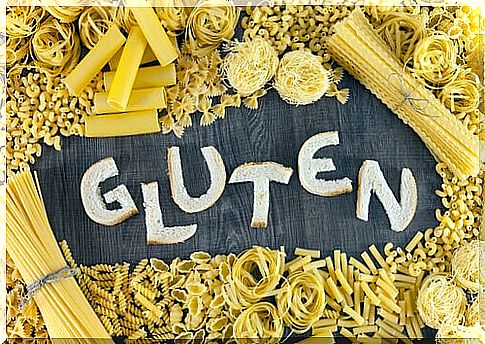
Wheat and other types of grain are used in the preparation of a wide variety of dishes, therefore different foods that contain these types of grain must be deleted from the diet plan:
- beer
- Cereals
- bread and cake
- Fried foods
- Sauces
- pasta
- Meat and seafood substitutes
- soy sauce
- Soups
Which foods do not contain gluten?
- Milk and dairy products such as cheese, quark, cream and yogurt
- flesh
- Sausages (not all)
- fish and seafood
- Eggs
- vegetables
- fruit
- Rice and corn
- legumes
- Sugar and honey
- Oil and butter
- coffee
- Orange juice, lemon juice, cola
- Wine
- Dried fruits
- salt
- natural spices
- Olives
Can vitamins help with gluten intolerance?
Dietary supplements with vitamins are essential for people with gluten intolerance. Since the intestinal mucosa and the intestinal villi are injured, vitamins and minerals (iron, calcium …) cannot be properly absorbed.
Omitting certain foods with gluten can also lead to vitamin deficiencies. Get advice from an expert who can recommend a gluten-free vitamin product to take on a daily basis.
By changing diet and lifestyle, the symptoms of gluten intolerance can be completely eliminated. You can still eat outside the home and enjoy a lot of food.
Follow your doctor’s recommendations!
